detail profile claudine auger
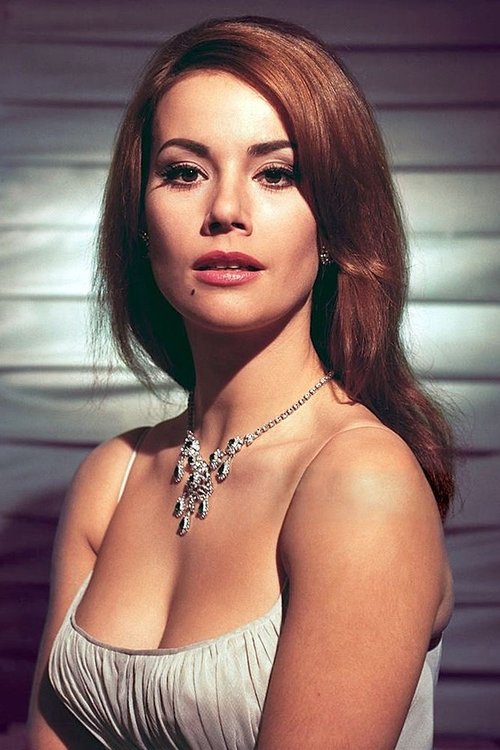
Claudine Auger
Elena Cardy
atau dikenal sebagai
Riwayat Hidup
Claudine Auger (born Claudine Oger; 26 April 1941 – 18 December 2019) was a French actress best known for her role as Bond girl Dominique "Domino" Derval in the James Bond film Thunderball (1965).
She earned the title of Miss France Monde (the French representative of Miss World) and was also the first runner-up in the 1958 Miss World contest.
Auger was born in Paris, France.
She made her film debut when still in school.
When she was 18, she married the 43-year-old writer-director Pierre Gaspard-Huit (the couple later divorced).
He cast her in several films, including Le Masque de fer (1962) and Kali Yug: Goddess of Vengeance (1963).
When she was on holiday in Nassau, writer-producer Kevin McClory saw Auger and recommended that she audition for his film Thunderball (1965).
The role of Domino was originally to be an Italian woman, Dominetta Petacchi.
Auger impressed the producers so much that they rewrote the part to that of a French woman, to better suit her.
Although she took lessons to perfect her English, her voice was eventually dubbed by Nikki van der Zyl.
Thunderball launched Auger into a successful European movie career, but did little for her otherwise in the United States.
Auger died on 18 December 2019 in Paris.
Info Pribadi
Peran Yang Di Mainkan Claudine Auger
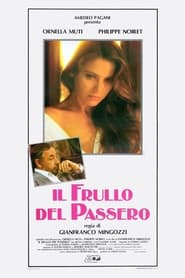 A woman who has been the...
A woman who has been the...The Sparrow's Fluttering 1988
A woman, who has been the mistress of a man who has just died, thinks about leaving the little Italian village where they lived and moving to another place. An old and rich man offers her a place in his house, however, she will have to listen to him telling his past love stories.
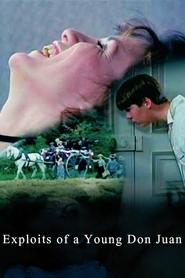 In 1914 sixteen year old Roger returned...
In 1914 sixteen year old Roger returned...Exploits of a Young Don Juan 1986
In 1914, sixteen year old Roger returned home from boarding school during vacation to find his puberty hit hard in a house filled with beautiful women. These women have previous engagements with other men who are away, and during this time, Roger impregnates them all, including his aunt and sister, then devises plans to cuckold the men.
 Three Irwin Shaw short stories are...
Three Irwin Shaw short stories are...The Girls in Their Summer Dresses and Other Stories 1981
Three Irwin Shaw short stories are dramatized. In "The Girls in Their Summer Dresses" a young married couple stop for a drink on a Sunday morning in Manhattan, and the conversation turns to the husband's fidelity. "The Monument" centers on the conflict between a popular bartender with a following in an upscale Irish bar in 1938 Manhattan and its owner, who is determined to introduce a more economical whiskey in the establishment over the barkeep's objections. In "The Man Who Married a French Wife" the influential American husband of a French woman is asked by her former lover, a former resistance fighter, to help him escape the country.
 The passengers and crew of a...
The passengers and crew of a...The Bermuda Triangle 1978
The passengers and crew of a boat on a summer cruise in the Caribbean stray into the famed Bermuda Triangle and mysterious things start happening.
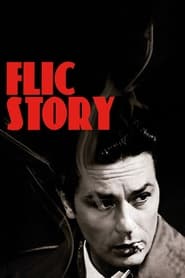 The film story depicts Emile Buisson...
The film story depicts Emile Buisson...Flic Story 1975
The film story depicts Emile Buisson, following the death of his wife and child, escaping from a psychiatric institution in 1947 and returning to Paris. Buisson, who three years later would become France's public enemy number one, begins a murderous rampage through the French capital.
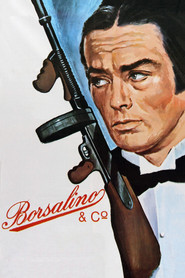 Marseille Heaps of flowers and funeral...
Marseille Heaps of flowers and funeral...Borsalino and Co. 1974
Marseille. Heaps of flowers and funeral wreaths... "A man who no longer defends his colors is no longer a man."
 An elderly heiress is killed by...
An elderly heiress is killed by...A Bay of Blood 1971
An elderly heiress is killed by her husband who wants control of her fortunes. What ensues is an all-out murder spree as relatives and friends attempt to reduce the inheritance playing field, complicated by some teenagers who decide to camp out in a dilapidated building on the estate.
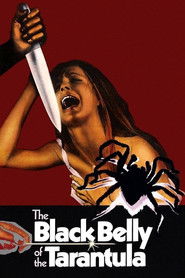 Inspector Tellini investigates serial crimes where...
Inspector Tellini investigates serial crimes where...The Black Belly of the Tarantula 1971
Inspector Tellini investigates serial crimes where victims are paralyzed while having their bellies ripped open with a sharp knife.
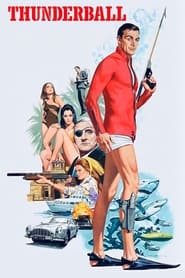 A criminal organization has obtained two...
A criminal organization has obtained two...Thunderball 1965
A criminal organization has obtained two nuclear bombs and are asking for a 100 million pound ransom in the form of diamonds in seven days or they will use the weapons. The secret service sends James Bond to the Bahamas to once again save the world.
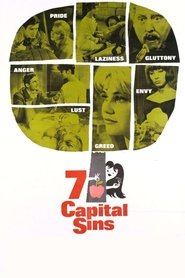 Seven directors each dramatize one of...
Seven directors each dramatize one of...The Seven Deadly Sins 1962
Seven directors each dramatize one of the seven deadly sins in a short film. In "Anger," a domestic argument over a fly in the Sunday soup escalates into nuclear war. In "Sloth," a movie star would rather pay someone to tie his shoe than bend over to do it himself, and he can't be bothered to accept a starlet's sexual favors. In "Gluttony," a peasant family on its way to the funeral of a relative who died from indigestion stops regularly to eat and drink en route, arriving in time to eat some more. In "Greed," a high-class prostitute refunds the price of a cadet's lottery ticket. In "Pride," an unfaithful wife finds reason to reform. And so on through lust and envy.
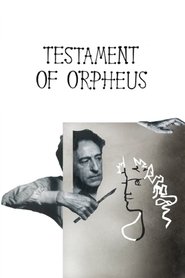 An 18th century poet travels through...
An 18th century poet travels through...Testament of Orpheus 1960
An 18th century poet travels through time in search of divine wisdom. In a mysterious wasteland, he has a series of enigmatic encounters with symbolic phantoms with whom he muses about the nature of art and his own career. Ultimately, the poet strives to achieve his rebirth as a celestial being.
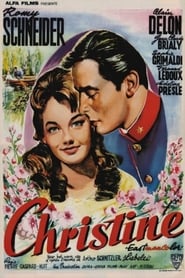 Vienna 1906 A passionate love story develops...
Vienna 1906 A passionate love story develops...Christine 1958
Vienna, 1906. A passionate love story develops between Franz Lobheiner and the young Christine. Lobheiner is, however, currently seeing the married Baroness von Eggersdorf. Upon learning of his wife's infidelity, the Baron von Eggersdorf provokes a duel with Lobheiner. But the former is no longer a real threat to the Baron. Lobheiner is now passionately in love with Christine. How will this love quartet end?
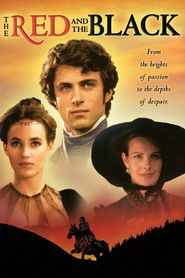 In 1827 Berthet the son of a...
In 1827 Berthet the son of a... An American actress on vacation in...
An American actress on vacation in... When his father dies young lad...
When his father dies young lad... A safecracker turns double agent during...
A safecracker turns double agent during... A pair of Americans want to...
A pair of Americans want to... The story follows the son of...
The story follows the son of...